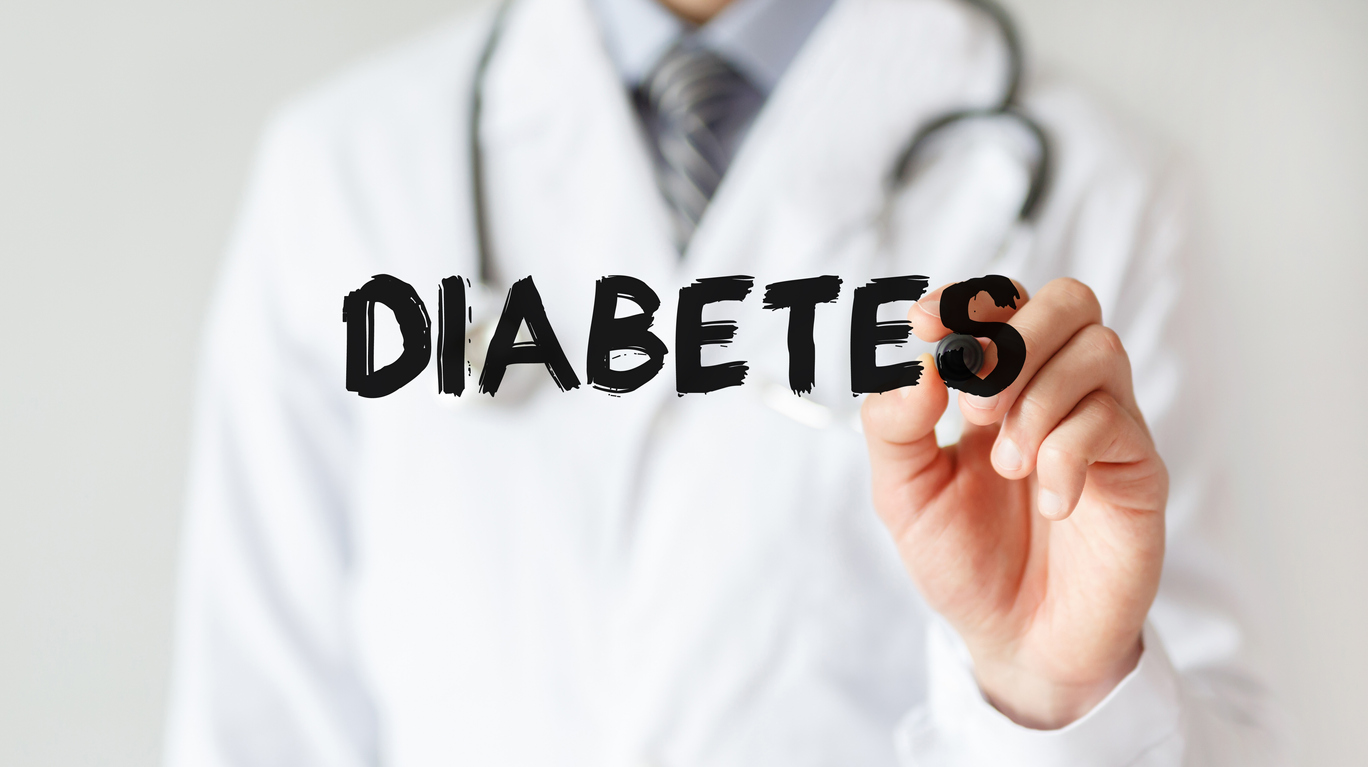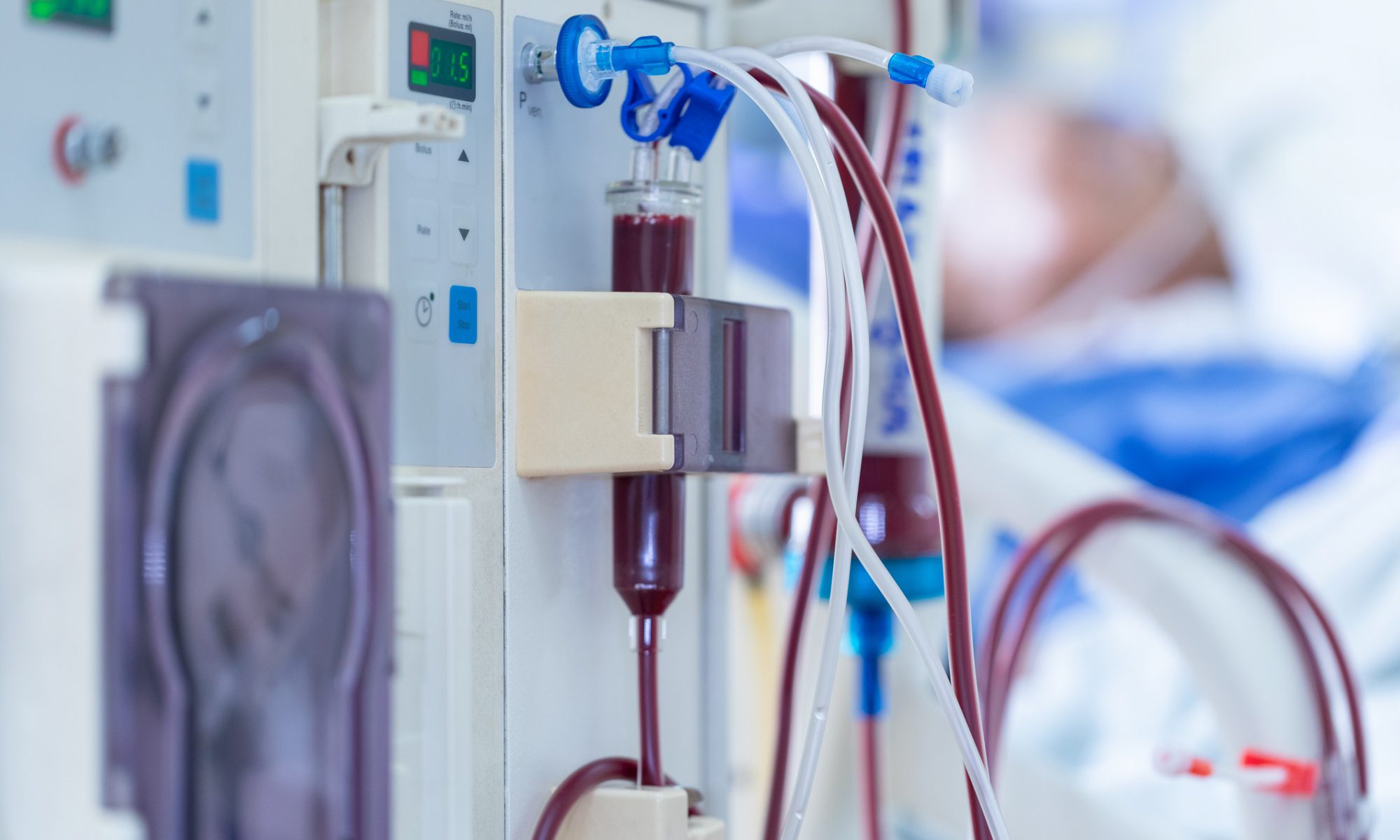Increased fat mass, particularly visceral adiposity, promotes kidney disease generation and progression through direct and indirect mechanisms, and pharmacologic treatment is necessary to avoid adverse outcomes, according to a speaker.
“The direct mechanisms that you and I treat in the office everyday are BP, cholesterol and diabetes,” Matthew Weir, MD, professor and chief of the division of nephrology at University of Maryland School of Medicine, said during a presentation at the World Congress on Insulin Resistance, Diabetes & Cardiovascular Disease. Read more in Healio.







